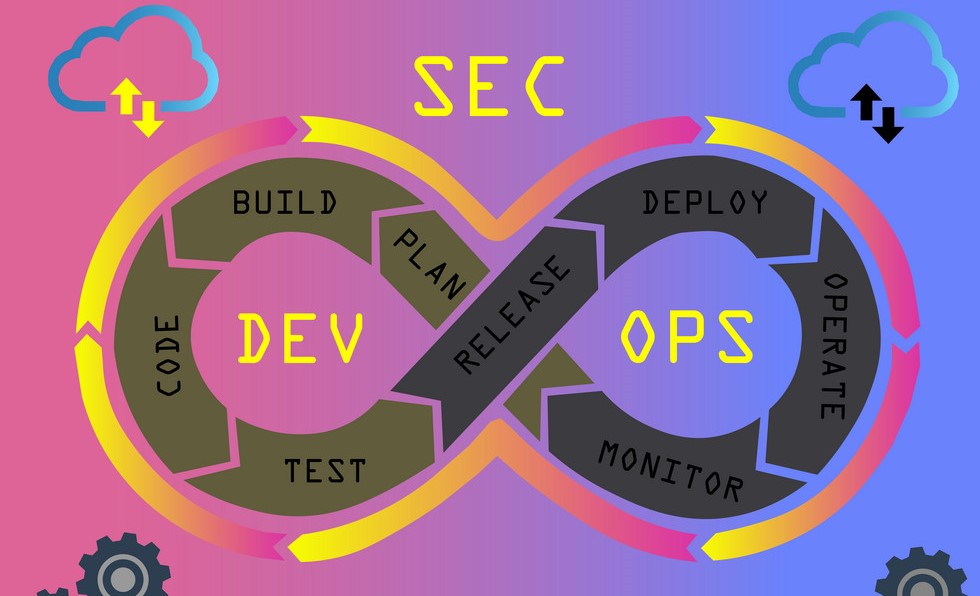Firstly, DevSecOps is short form of development, security and operations(DevSecOps). Its mantra is to make everyone accountable for security.
We can say, every organization with a DevOps framework should be looking to shift towards a DevSecOps mindset. Because, it has higher level of security.
Firstly, security is present during every stage of the software delivery lifecycle. Secondly, because of that, we experience continuous integration where the cost of compliance is reduced and software is delivered and released faster.
Moreover, through it, organizations can integrate security seamlessly into their existing continuous integration and continuous distribution (CI / CD) practices.
In addition, it extends the entire SDLC from planning and design to coding, building and testing, with real-time continuous feedback loops and insights.

Why is DevSecOps important?
Lastly, it is important because it provides security in SDLC. When development organizations code with security, it’s easier and less costly to catch and fix vulnerabilities before they go too far into production.
However, DevOps are good in terms of speed, scale and functionality, they are often lacking in security. so, this is overcome by DevSecOps.
Making security an equal consideration alongside development and operations is must.
How Does DevSecOps Work?
Let’s take a look at a typical DevSecOps workflow:
- Firstly, a developer will create code within the system.
- Then, they will then commit changes to the system.
- Next, another developer will retrieve the code from the system for analysis.
- This step involves analyzing the static code to identify security defects or bugs.
Application security tools do you need to implement DevSecOps ?
- Static application security testing (SAST)
- Software composition analysis(SCA)
- Interactive application security testing (IAST)
- Dynamic application security testing (DAST)
DevSecOps Best Practices
Here are just a few of the best ways to make the process easier:
- Shift left
- Automation is good
- Carry out threat modeling
- Security education
- Culture: Communication, people, processes, and technology
- Traceability, auditability, and visibility
Benefits of DevSecOps
- Greater speed and agility for security teams
- A better return on investment (ROI) in the organization’s existing security infrastructure
- More opportunities for automated builds as well as quality and security testing
- As mentioned earlier, you can identify vulnerabilities at a very early stage
- Better communication and collaboration between teams
- Automation to free up team member assets to work on high-value tasks
Summary
In conclusion, DevSecOps empowers an organization to take an active approach to security. It encourages software developers to integrate security into their day-to-day efforts.
So, in this article, we explained what is DevSecOps, how important it is, why do we need it and more.












